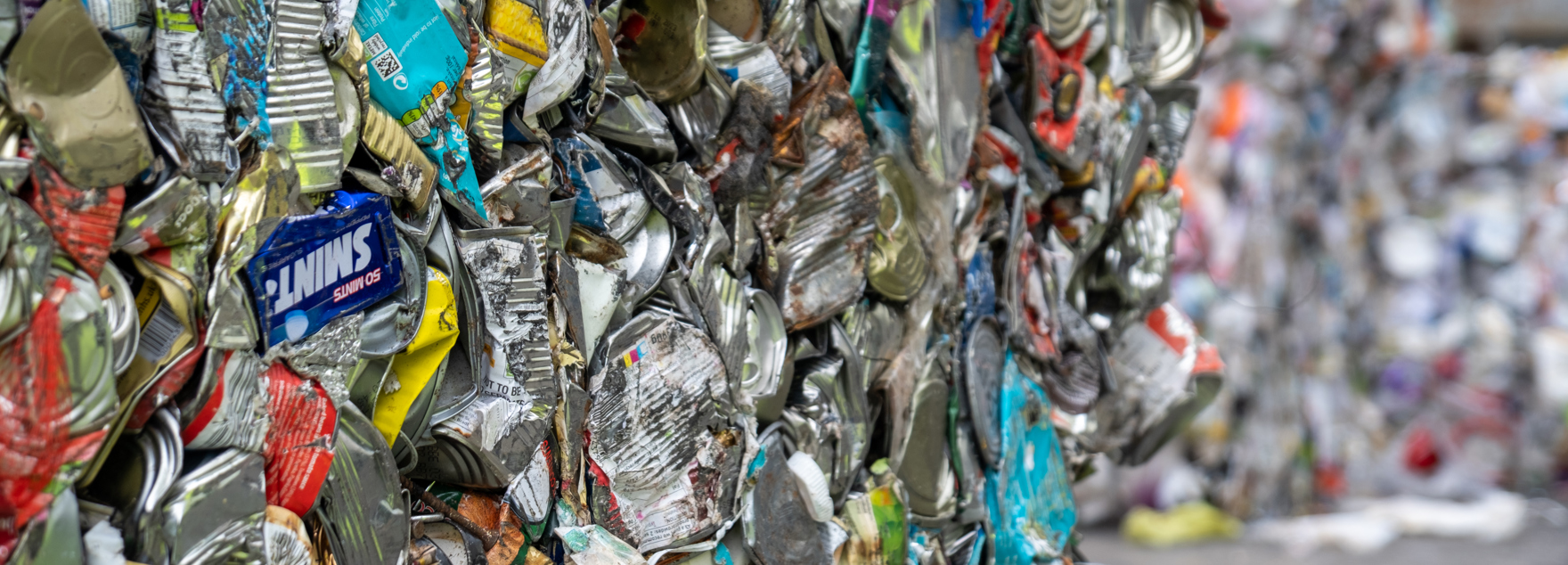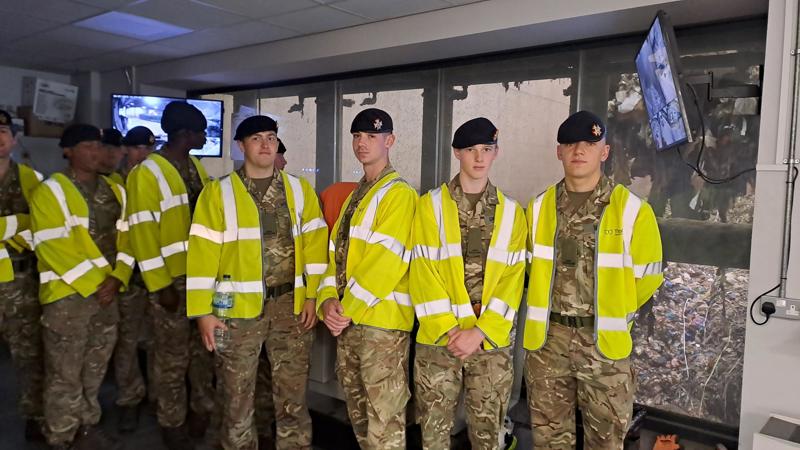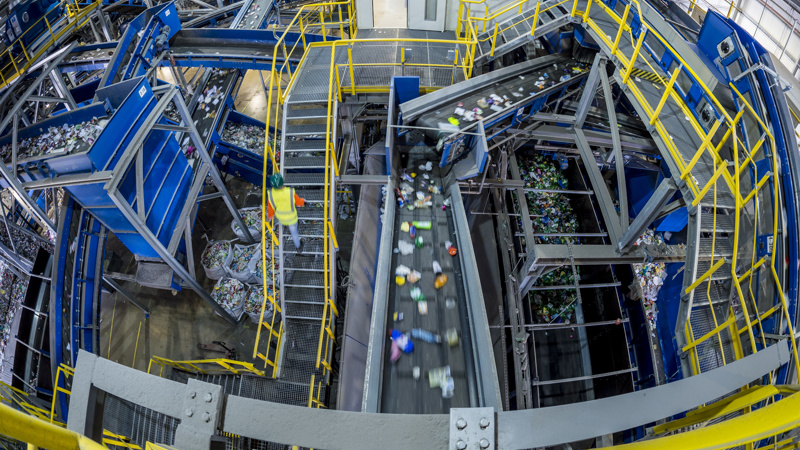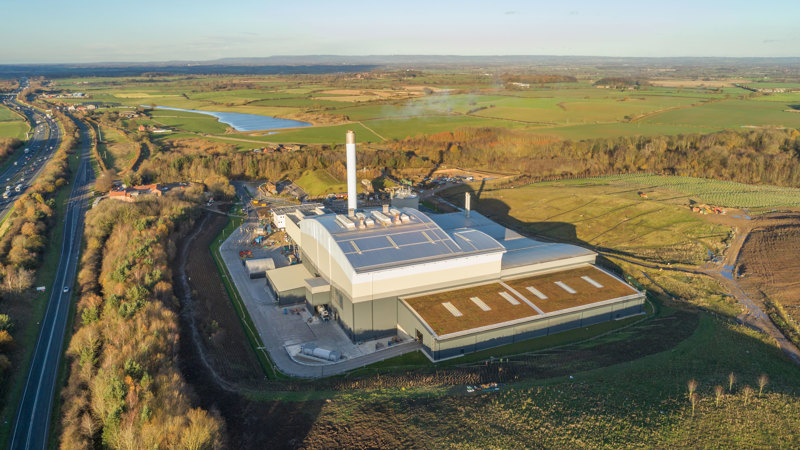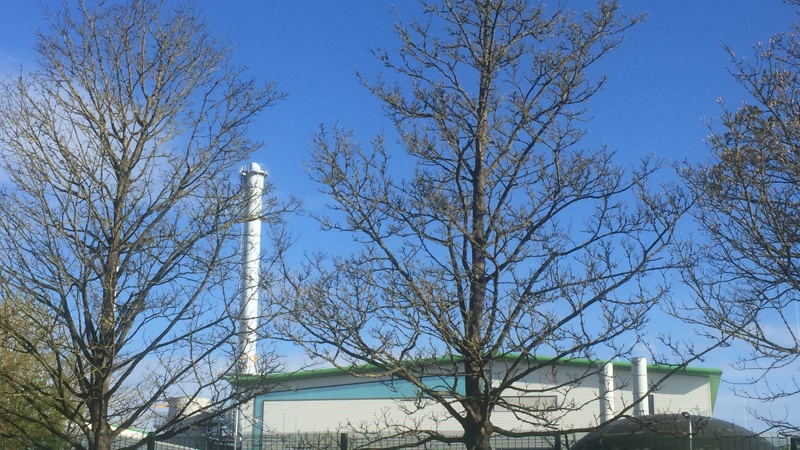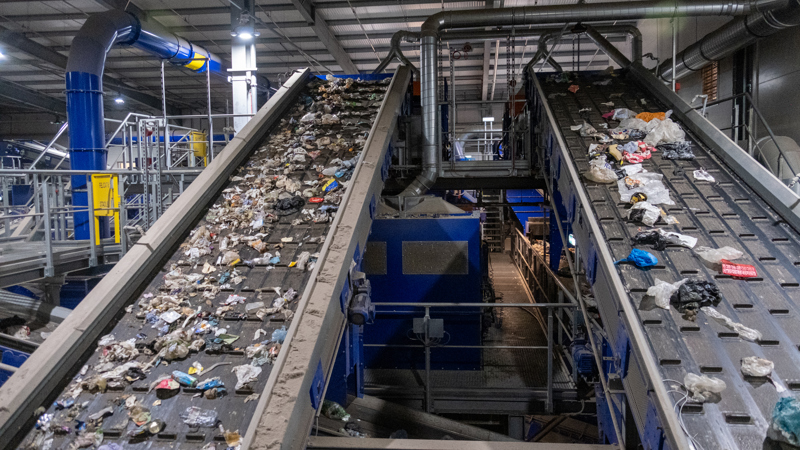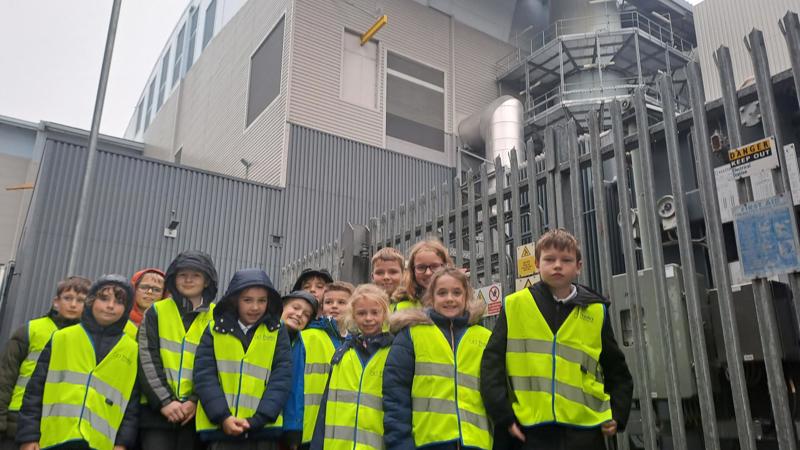WE BELIEVE THAT EVERYBODY CAN MAKE A REAL DIFFERENCE
We all produce waste. Everything we use has to come from somewhere and it must go somewhere when we are finished with it.
We believe that everybody can make a real difference by thinking carefully about what we buy and before throwing something away.
We want everyone move towards a circular economy in which we keep resources in use for as long as possible, extract the most value from them whilst in use, then recover and regenerate products and materials at the end of their life, or the energy contained within residual waste.
This way we can maximise resource use and the reduction of waste overall.
The Circular Economy is supported by the 4Rs
- Reduce
- Reuse
- Recycle
- Recover
Step one: Reduce the amount of waste in the first place
By using our purchasing power as consumers and businesses, choosing products which are produced sustainably, use little or no packaging and are durable, we can reduce the amount of waste generated.
Buying only what we really need and avoiding single use products really helps to reverse the trend of today’s throw-away society. And ensuring the food we buy is not wasted is good for the environment and your pocket
Step two: Reuse
Give unwanted items a new lease of life by using them differently or passing them on to others in the community.
Revive
This way your unwanted items like furniture and bikes can find a fresh new home.
Refill
Opting for refillables, such as cups, and avoiding single use can make a real difference.
Reuse can save money, help local communities and prevent items ending up in land-fill.
Step there: Recycle more
Recycling materials saves valuable resources and can conserve energy
The more we recycle and buy recycled content products, the more competitive and available those products will become, supporting and driving demand for high quality recycled materials.
Recycling materials saves valuable resources and can conserve energy, and when we recycle locally it can help to further reduce a community's carbon emissions from transporting new goods long distances.
Step four: Recover
There is still waste left over after communities have reduced, reused and recycled as much as possible, but then the next step is to recover the materials that have ended up in the wrong bin.
Energy from Waste
What we want to do next is recover the energy in any materials that can't be recycled. This way the non-recyclable (black bag) waste can be put to good use rather than being sent directly to landfill.
Thalia's Energy from Waste (EfW) facilities and technology allows us to use the non-recyclable waste as a fuel to heat up water to make steam, which will power a steam turbine to produce electricity and/or supply a local district heating network.
Landfill. The last option for waste is currently landfill
Landfill is the oldest form of waste management and as a society we’ve decided to move away from putting rubbish in the ground as we need to manage waste more sustainably by adopting the 4Rs approach.
Landfills create around 36% of the UK’s methane – a powerful greenhouse gas that contributes to climate change.
Landfill does not maximise the recovery of resources from residual wastes. We want to minimise waste and maximise the value to local communities and to society as a whole.

